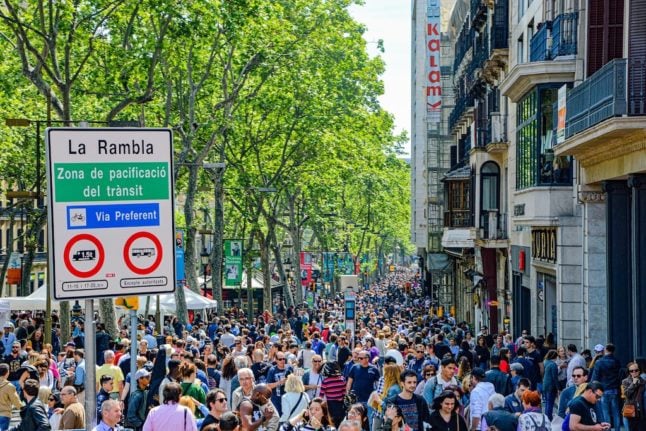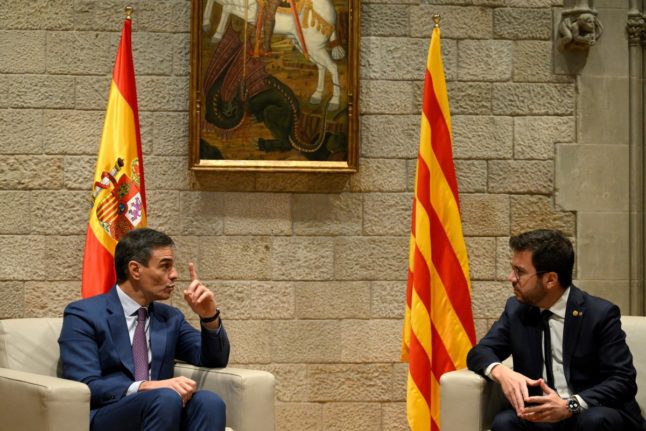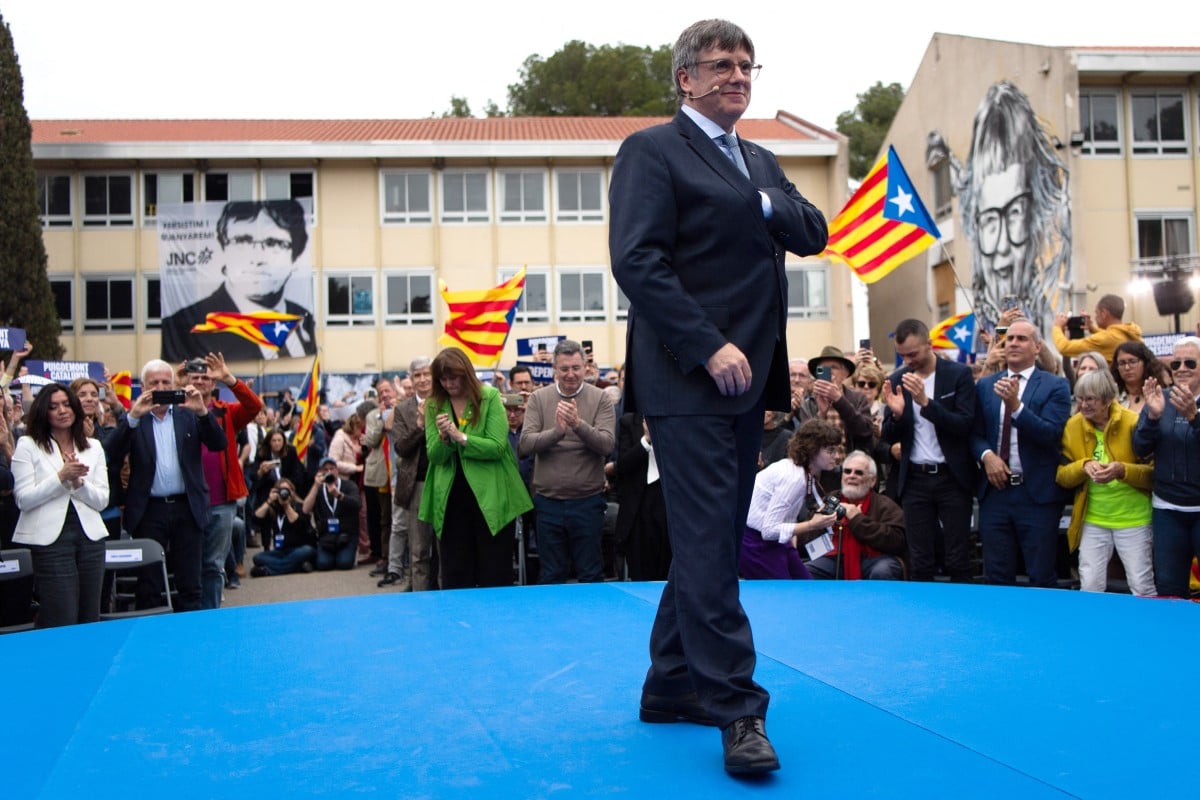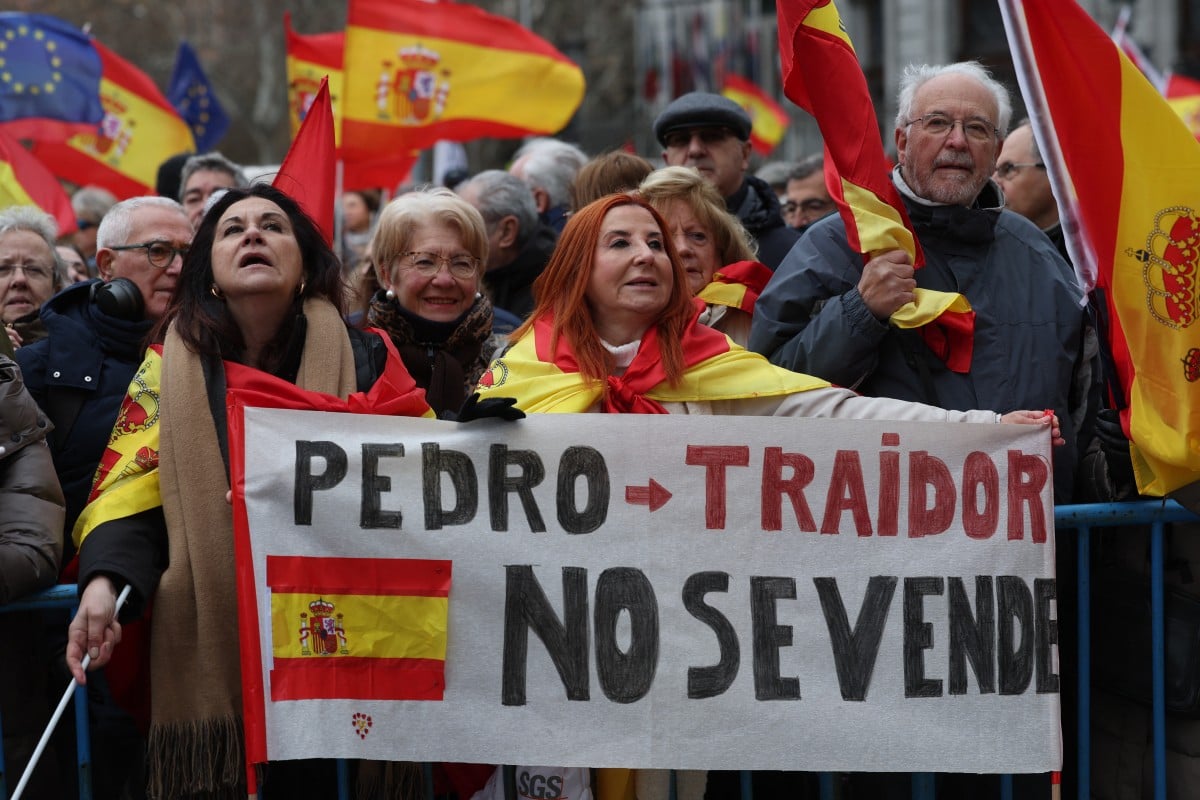According to the latest census, Barcelona has 1.66 million inhabitants, of which 76.4 percent are Spanish nationals and 23.6 percent are foreigners. That’s the highest percentage of foreign residents ever recorded.
When looked at according to age groups, foreigners aged 20 to 39 in fact make up almost half of the population at 44.2 percent. This of course makes up a big percentage working population and the majority of those who are starting families too.
Between the ages of 30 to 34, foreigners even surpass the number of Spaniards, representing 50.1 percent of those registered in the city.
There are a total of 177 different nationalities living in Barcelona, with Italians (many of them Argentinians with Italian passports), Colombians, Pakistanis and Chinese representing the largest foreign population groups.
Barcelona vs Madrid
When compared to Madrid, the data shows that the population of the Catalan capital is becoming more international in a shorter space of time.
Madrid city has almost double the population of Barcelona with 3.28 million inhabitants, with the percentage of foreigners standing at 15.7 percent, almost eight points less.
When looking at age groups, like in Barcelona, the number of foreigners is greater between ages 20 to 39 years old. Madrid residents with a foreign nationality represent 29 percent of those between 20 and 39 years old and exceed 31 percent among those between 25 and 39 years old.
READ ALSO: Ten foreign ‘colonies’ thriving in the most unexpected of places in Spain
What does this mean for the Catalan independence bid?
The sheer number of foreigners in the Catalan capital makes the question of independence more interesting, with waning support for the cause among younger age groups.
That’s not to say that foreigners and the children they raise in Barcelona do not integrate or learn Catalan themselves (67 percent of foreigners in the region speak Catalan), but an independent Catalonia isn’t a priority or patriotic calling for them.
Recently Catalonia’s pro-independence parties ERC and Junts have been asking the central government for greater control of Catalan borders, as well as the power to expel illegal migrants.
READ ALSO: Is Catalonia slowly becoming independent on the sly?
Economic experts, however, believe the number of foreigners is an asset in order to help boost the Spanish economy, particularly because the majority of foreigners are of working age and pay taxes.
The number of foreigners in Spain as a whole
Recently Spain’s National Statistics Institute (INE) published data from the population census, according to which 48.08 million inhabitants lived in Spain on January 1st, 2023, with an increase of almost 600,000 in the last year.
This increase was mostly due to the arrival of foreigners, since the number of Spaniards increased by just over 18,000, while the number of other nationalities increased by more than 580,000.
This means the number of foreigners in Spain is 6.09 million or 12.7 percent of the total. It is the first time in history that this number has exceeded six million. The previous record was in 2011, with 5.75 million, which was then 12.2 percent of the total population, although in the following five years, it fell by more than one million as a result of the financial crisis.
In 25 years, the foreign population has multiplied almost tenfold; from just over six hundred thousand in 1998, to six million last year, while Spaniards have increased by 2.7 million in that period.





 Please whitelist us to continue reading.
Please whitelist us to continue reading.
Member comments